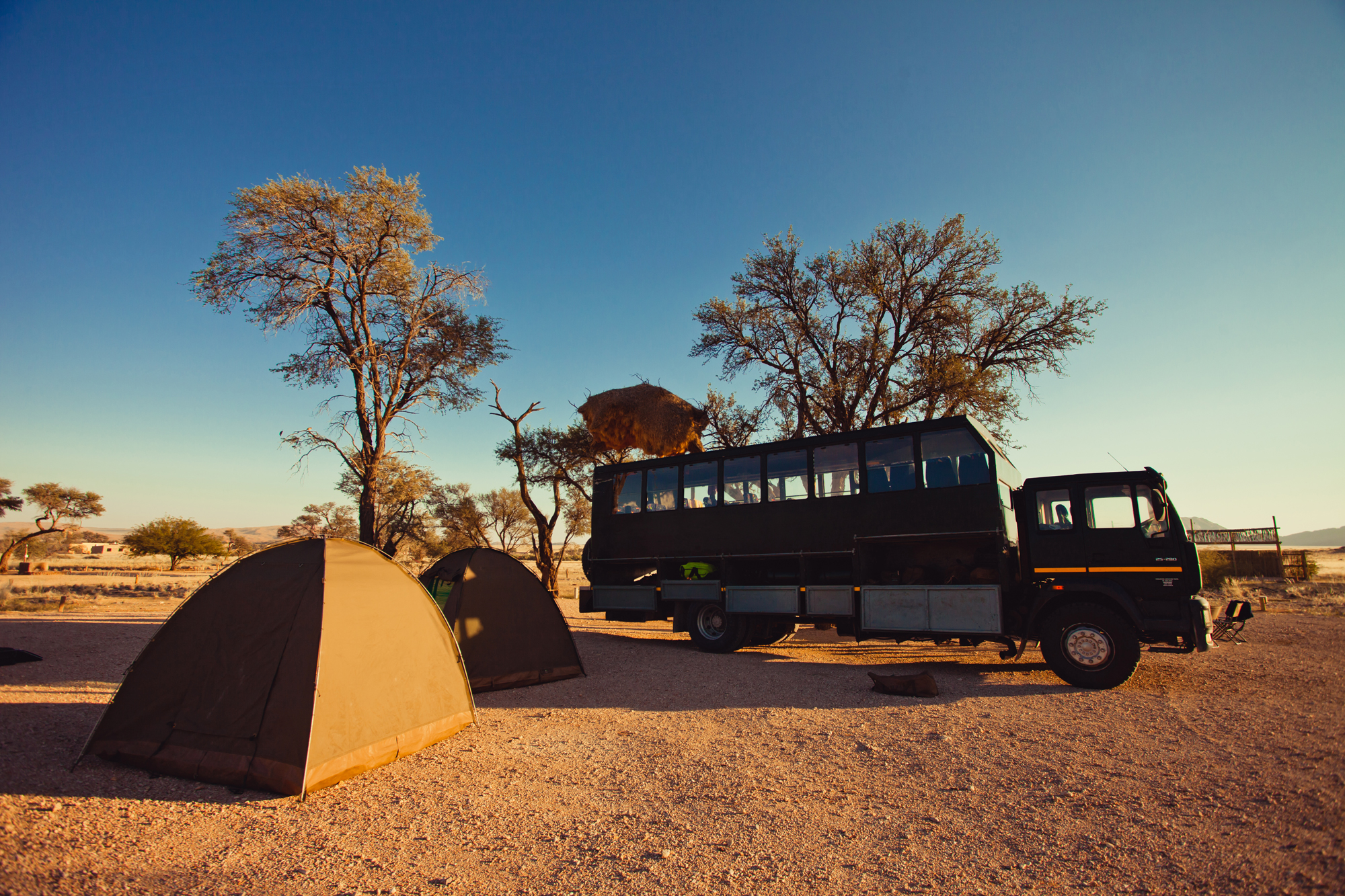Overland tours in Africa represent a unique blend of adventure, exploration, and cultural immersion. These journeys trace their origins back to the mid-20th century, with their evolution reflecting changes in transportation, tourism trends, and the continent’s socio-political landscape. From humble beginnings as rugged expeditions to modern-day organized tours, the history of overland travel in Africa is a fascinating narrative of human curiosity and discovery.
Table of Contents
Early Expeditions and Pioneering Spirits
The roots of overland travel in Africa can be traced to the early 20th century when explorers like David Livingstone and Henry Morton Stanley ventured into the continent’s interior. Their expeditions, fraught with challenges and dangers, captured the imagination of adventurers worldwide and sparked an enduring fascination with Africa.
The 1960s and 1970s witnessed a surge in independent travelers seeking to emulate the exploits of these early explorers. Equipped with little more than maps, a sense of adventure, and rugged vehicles, intrepid individuals set out to traverse Africa’s diverse landscapes. These early overlanders braved unpaved roads, navigated remote territories, and forged connections with local communities along the way.
The Advent of Organized Overland Tours
As interest in African travel grew, so did the demand for more structured and accessible experiences. In response, tour operators began offering organized overland tours, providing travelers with the opportunity to explore the continent’s wonders in a safe and organized manner.
The 1980s marked a significant turning point for overland tourism in Africa. With improvements in infrastructure and advancements in vehicle technology, overland tours became more accessible to a wider audience. This period saw the emergence of established tour companies specializing in guided expeditions across Africa’s most iconic destinations.
The Golden Era of Overland Travel
The 1990s and early 2000s can be characterized as the golden era of overland travel in Africa. With the end of apartheid in South Africa and the easing of political tensions across the continent, previously inaccessible regions became open to tourism. This newfound accessibility, coupled with growing interest in adventure travel, fueled a surge in overland tour popularity.
During this time, overland tours diversified to cater to different demographics and interests. From budget-conscious backpackers to luxury-seeking adventurers, tour operators offered a range of options to suit varying preferences and budgets. Overland routes expanded to include lesser-known destinations, allowing travelers to explore Africa’s hidden gems beyond the well-trodden tourist trails.
Challenges and Transformations
Despite its popularity, overland travel in Africa has not been without its challenges. Political instability, civil unrest, and security concerns have periodically disrupted travel routes and forced operators to adapt to changing circumstances. Economic fluctuations and environmental factors have also influenced the viability and sustainability of overland tours.
In recent years, overland tourism in Africa has undergone significant transformations driven by technological advancements and changing consumer preferences. The rise of digital platforms and social media has revolutionized the way travelers research, book, and share their experiences. Tour operators have embraced online platforms to reach a global audience and enhance the accessibility of their offerings.
Trends and Innovations
The contemporary landscape of overland travel in Africa reflects a blend of tradition and innovation. While the allure of remote wilderness and authentic cultural encounters remains a cornerstone of the overland experience, modern tours increasingly incorporate elements of comfort, convenience, and sustainability.
Advancements in vehicle design and equipment have enhanced the safety and comfort of overland journeys. Purpose-built expedition vehicles equipped with state-of-the-art amenities offer travelers a comfortable and secure base from which to explore remote regions. Eco-friendly practices and responsible tourism initiatives have gained prominence, with operators prioritizing environmental conservation and community engagement.
The Future of Overland Travel in Africa
Looking ahead, the future of overland travel in Africa is shaped by a combination of emerging trends and enduring values. Sustainable tourism practices, digital innovation, and evolving consumer preferences will continue to influence the evolution of overland tours. As travelers seek authentic experiences and meaningful connections, the appeal of overland travel as a transformative journey of exploration and discovery will endure.
In conclusion, the history and evolution of overland tours in Africa reflect the enduring spirit of adventure and exploration that defines the human experience. From the pioneering expeditions of the past to the contemporary adventures of today, overland travel continues to captivate the imagination and inspire wanderlust. As Africa’s landscapes change and its cultures evolve, overland tours will remain a timeless testament to the enduring allure of the continent and its people.

